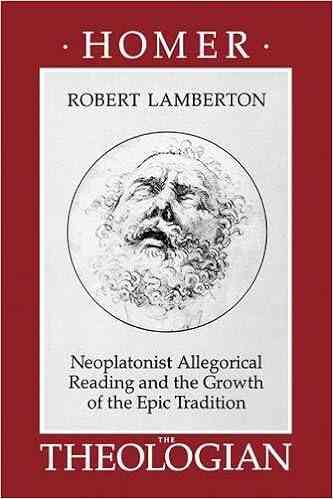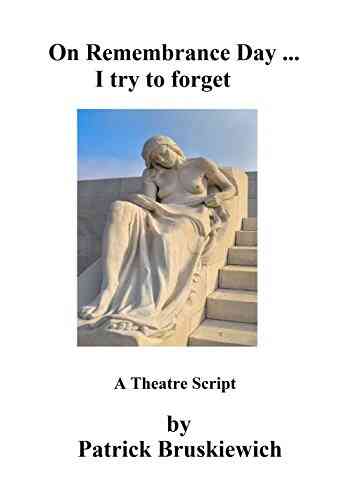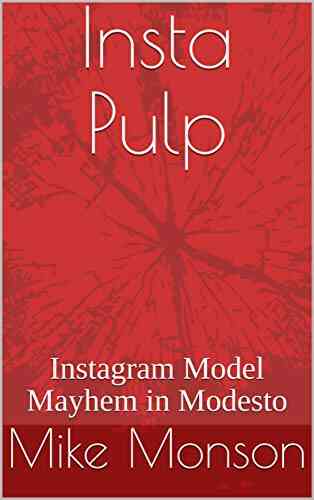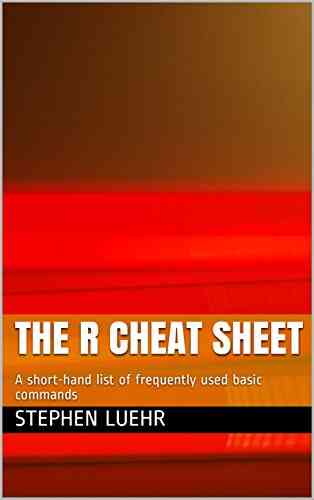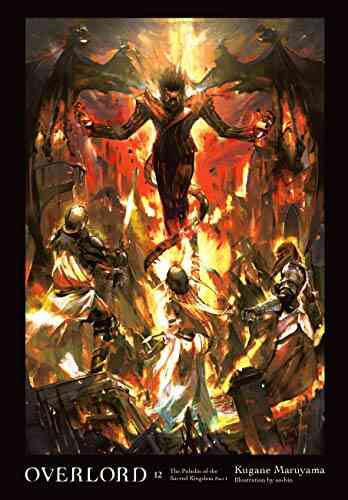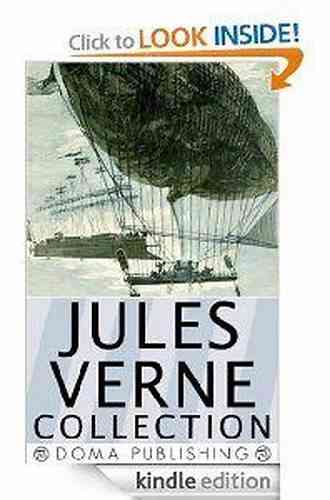The Fascinating Journey of Neoplatonist Allegorical Reading and its Influence on the Growth of the Epic Tradition

Throughout history, literature has played a significant role in shaping culture, society, and our understanding of the world. The epic tradition, in particular, has captivated audiences and offered a glimpse into the human condition through grand narratives and heroic figures. But there is a hidden layer of interpretation lurking beneath the surface – the Neoplatonist allegorical reading, which unravels the deeper philosophical and spiritual meanings embedded within these epic works.
The Neoplatonist Allegorical Reading Explained
Neoplatonism, a philosophical school that emerged in the third century AD, sought to reconcile ancient Greek philosophy with mystical and spiritual traditions. One of its key tenets was the belief that the material world is a reflection of higher metaphysical realities. Within the realm of literature, Neoplatonists believed that epic poems contained hidden truths, encoded in allegorical language.
The Neoplatonist allegorical reading aimed to uncover these hidden meanings by interpreting the characters and events within epic works as symbols of higher truths. For example, a hero embarking on a journey could be seen as a representation of the soul's journey towards enlightenment. This method of interpretation reshaped the way epic poems were perceived, elevating them from mere stories to profound spiritual teachings.
4.7 out of 5
| Language | : | English |
| File size | : | 5445 KB |
| Text-to-Speech | : | Enabled |
| Screen Reader | : | Supported |
| Print length | : | 384 pages |
| Lending | : | Enabled |
The Influence of Neoplatonist Allegorical Reading on the Epic Tradition
With the advent of Neoplatonist allegory, the epic tradition transformed into a vehicle for conveying philosophical, religious, and moral ideas. Poems such as Homer's Iliad and Odyssey were no longer viewed solely as entertaining tales of heroism, but as guides for personal and spiritual growth.
Neoplatonist thinkers, such as Plotinus and Porphyry, expanded on the allegorical interpretations of the epic tradition. They saw the gods, heroes, and mythical creatures as representations of higher cosmic principles and virtues. The Greek pantheon, for instance, was seen as a hierarchical structure reflecting the divine hierarchy of the universe. Each god represented a different aspect of human nature, and their actions symbolized moral and spiritual lessons.
This allegorical approach to reading epic poetry allowed both authors and readers to explore profound philosophical concepts within the framework of an engaging narrative. It challenged the boundaries of literature and philosophy, fostering a symbiotic relationship between the two disciplines.
Examples of Neoplatonist Allegorical Reading in Epic Works
One of the most prominent examples of Neoplatonist allegorical reading can be found in Dante Alighieri's Divine Comedy. In this masterpiece, Dante embarks on a journey through Hell, Purgatory, and Heaven, guided by the poet Virgil and his beloved Beatrice. This epic narrative serves as an allegory for the soul's ascent towards divine enlightenment.
Each level of Dante's journey corresponds to a specific spiritual state or virtue, with various characters symbolizing different moral lessons. The allegorical interpretation of Divine Comedy reveals a profound exploration of theological, philosophical, and moral teachings within the context of a captivating story.
Another example is John Milton's Paradise Lost, which presents the biblical story of the fall of Adam and Eve. Through Neoplatonist allegory, Milton delves into profound theological and philosophical questions surrounding free will, the nature of evil, and redemption. The characters and events in Paradise Lost become representations of abstract concepts, providing readers with a deeper understanding of the human condition.
The Enduring Appeal and Influence of Neoplatonist Allegorical Reading
Despite being developed centuries ago, the practice of Neoplatonist allegorical reading continues to intrigue scholars and students of literature. Its ability to unlock hidden layers of meaning within epic works offers a fresh perspective on familiar stories and enriches our understanding of the texts.
Furthermore, the impact of Neoplatonist thought can be seen in various artistic and literary movements throughout history. From the Renaissance to Romanticism, the concept of allegory and hidden meaning has influenced the works of renowned artists, writers, and philosophers.
By delving into the hidden depths of epic poetry, Neoplatonist allegorical reading has reinforced the notion that literature is not merely entertainment but a transformative experience. It encourages readers to explore deeper truths and engage with complex philosophical ideas.
The growth of the epic tradition owes much to the Neoplatonist allegorical reading, which offers a profound interpretation of ancient texts. By uncovering hidden meanings, the allegorical approach transformed epic poems into spiritual teachings and philosophical treatises. The lasting influence of Neoplatonist thought on literature and art testifies to the enduring power of allegory and its ability to shape our understanding of the world for millennia to come.
4.7 out of 5
| Language | : | English |
| File size | : | 5445 KB |
| Text-to-Speech | : | Enabled |
| Screen Reader | : | Supported |
| Print length | : | 384 pages |
| Lending | : | Enabled |
Here is the first survey of the surviving evidence for the growth, development, and influence of the Neoplatonist allegorical reading of the Iliad and Odyssey. Professor Lamberton argues that this tradition of reading was to create new demands on subsequent epic and thereby alter permanently the nature of European epic. The Neoplatonist reading was to be decisive in the birth of allegorical epic in late antiquity and forms the background for the next major extension of the epic tradition found in Dante.
Do you want to contribute by writing guest posts on this blog?
Please contact us and send us a resume of previous articles that you have written.




















Light bulbAdvertise smarter! Our strategic ad space ensures maximum exposure. Reserve your spot today!

 Jeffrey HayesGet a Grip on Your Business: Gino Wickman's Revolutionary Way to Read Quickly...
Jeffrey HayesGet a Grip on Your Business: Gino Wickman's Revolutionary Way to Read Quickly... Jerry WardFollow ·19.1k
Jerry WardFollow ·19.1k Pete BlairFollow ·16k
Pete BlairFollow ·16k William GoldingFollow ·11.6k
William GoldingFollow ·11.6k Dallas TurnerFollow ·8.1k
Dallas TurnerFollow ·8.1k Luke BlairFollow ·5.7k
Luke BlairFollow ·5.7k Cade SimmonsFollow ·7k
Cade SimmonsFollow ·7k Arthur Conan DoyleFollow ·6.3k
Arthur Conan DoyleFollow ·6.3k Dion ReedFollow ·6.3k
Dion ReedFollow ·6.3k
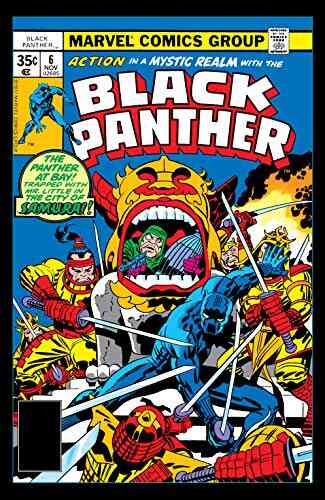
 Banana Yoshimoto
Banana YoshimotoExploring the Legacy of Black Panther: Unveiling the...
Black Panther is not just a superhero, but...

 Dan Bell
Dan BellThe Ultimate Guide to Interracial Dating for Black Men
Interracial dating has become...

 Andrew Bell
Andrew BellInside The FBI Elite Serial Crime Unit - Unraveling the...
The Meticulous Work of the...
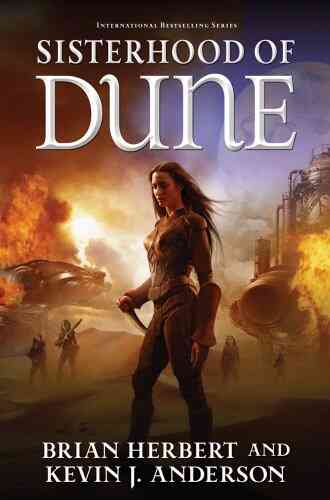
 Gary Cox
Gary CoxOne of the Great Schools of Dune Trilogy: A Closer Look
The Dune Trilogy, written by...
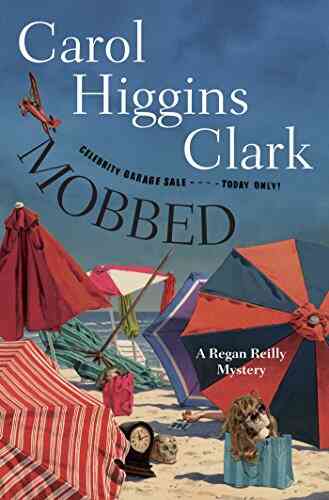
 Robert Browning
Robert BrowningMobbed Regan Reilly Mystery: An Engaging Whodunit That...
Have you ever been captivated by a good...

 Thomas Pynchon
Thomas PynchonLinz 10 Tourist Attractions Easy Day Trips
Linz, the third-largest city in Austria, is...

 Grant Hayes
Grant HayesWhat Happened To The Vital Center?
Over the years, the concept of...
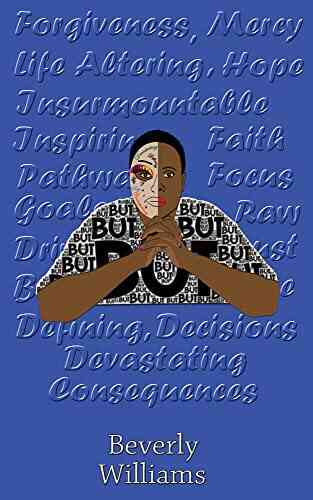
 E.E. Cummings
E.E. CummingsFrom Adversity to Triumph: Beverly Williams and Her...
It is often said that success is not...
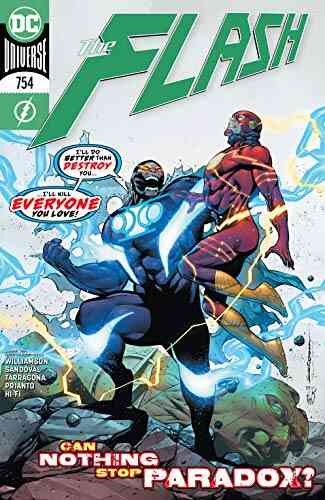
 DeShawn Powell
DeShawn PowellThe Flash 2016 Issue #754: A Thrilling New Chapter by...
The Flash, one of DC Comics' iconic...
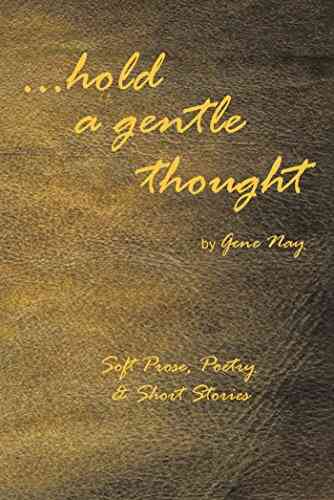
 Edwin Blair
Edwin BlairHold Gentle Thought - A Guide to Finding Inner Peace
Have you ever found yourself...
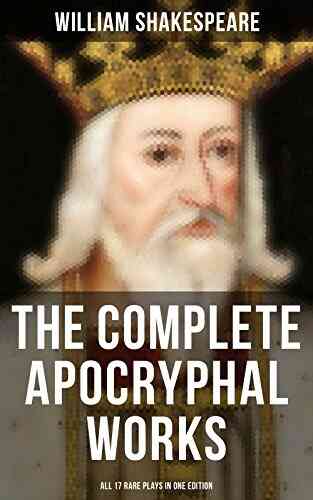
 Charles Dickens
Charles DickensArden Of Faversham, Locrine, Mucedorus, and Amadine: An...
Shakespeare is widely...

 Bo Cox
Bo CoxGet ready to be captivated by the mesmerizing Angel...
Angel Assassin Arielle Lucila is not your...
4.7 out of 5
| Language | : | English |
| File size | : | 5445 KB |
| Text-to-Speech | : | Enabled |
| Screen Reader | : | Supported |
| Print length | : | 384 pages |
| Lending | : | Enabled |


